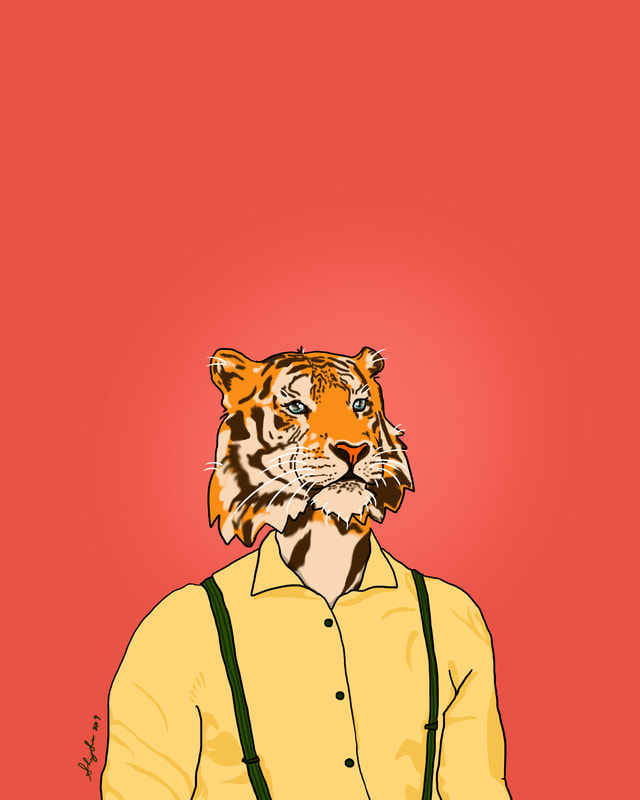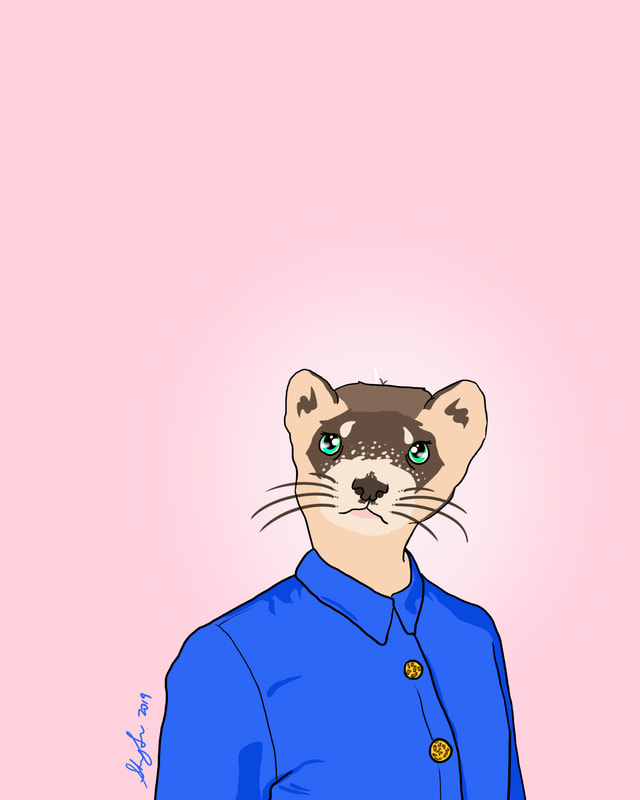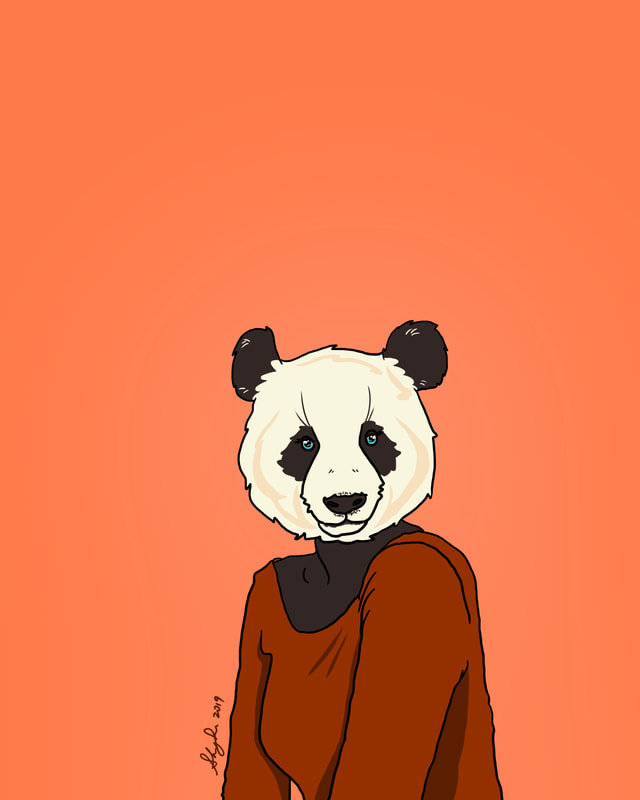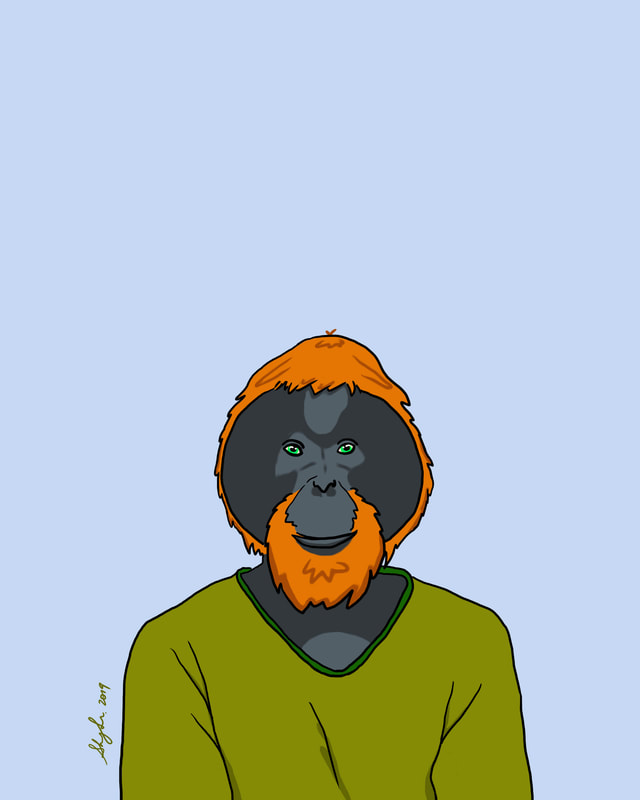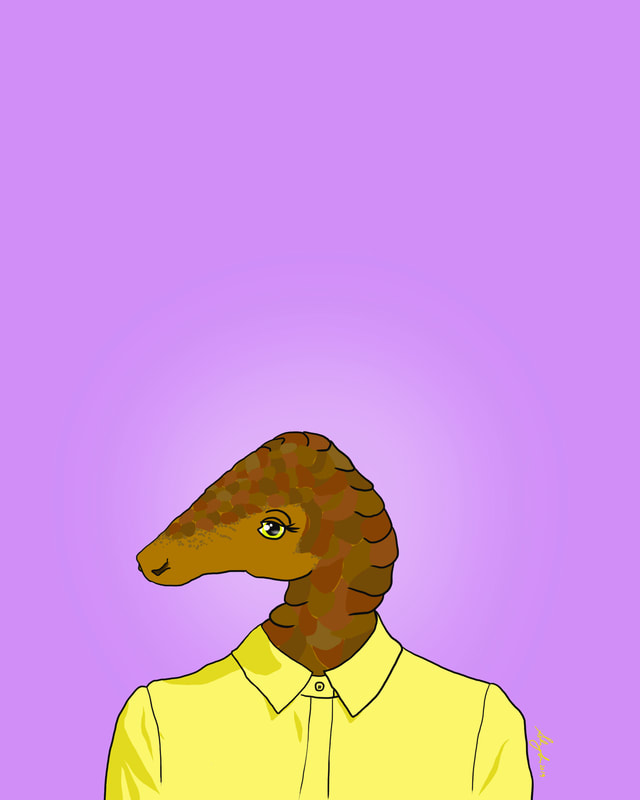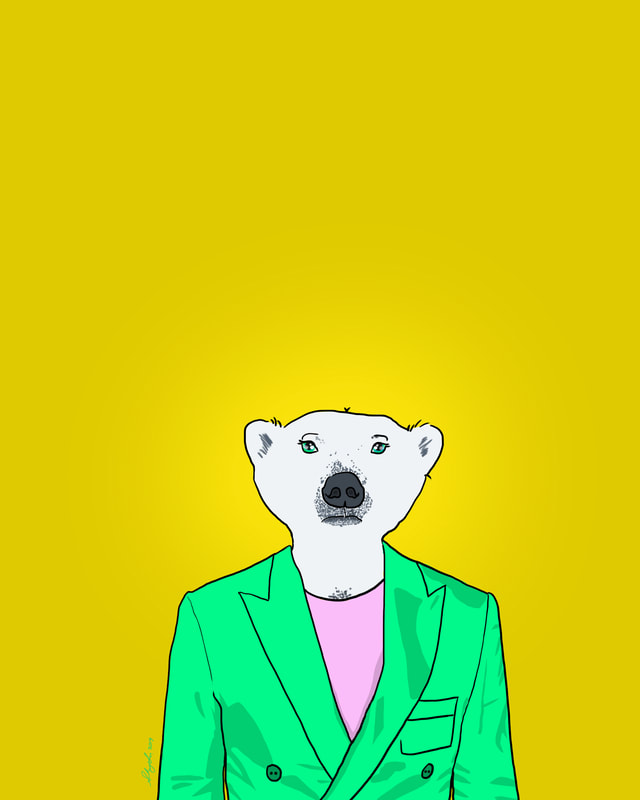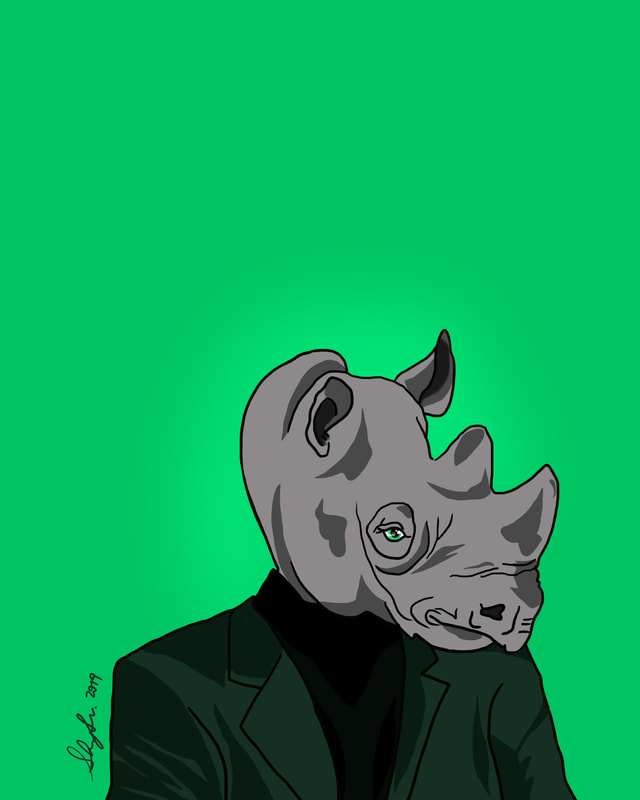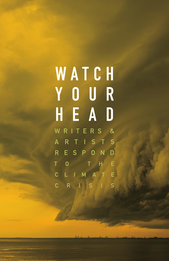|
11/29/2019 POETRY: AYESHA CHATTERJEEPLASTIC I ought to start with someone else's gain, step outside myself, put on the red and distant visor, be the other queen. Remember what is still to come. Forget. An ocean, say, with pebbles full of eyes – or what were once the outer skins of sight – how beautiful they are, intact and white against the deadened grey, intense cerise. Or maybe sand instead; the other side of memory. A hundred million minds meaningless now. A sparrow hops across snow. A dog barks. DIRECTION The wishbone though. Intact and delicate like a canoe slicing through the nothingness that should have been a heartbeat. Strength so often gets overlooked in the pink hour of dried blood. And so we miss the open mouth of determination, the way a foot is lifted not towards or away from but against. Ayesha Chatterjee is the author of two poetry collections, The Clarity of Distance, and Bottles and Bones. Her work has appeared in journals across the world and been translated into French and Slovene. Chatterjee is past president of the League of Canadian Poets and chair of the League’s Feminist Caucus. She is poetry advisor for Exile magazine.
11/26/2019 ART: SHINJINI SURSEVEN IMAGES FROM THE SERIES 'ENDANGERED.' VISION: Butternutbutternut creates art inspired by conscious living, a bright and quirky take on a utopia where animals and humans coexist in harmony. For this series, Endangered, I wanted to hero endangered species to bring awareness to the alarming reduction in population. When we think of tigers, rhinos, orangutans, the general understanding is that they exist, freely, in the wild, but the truth is that we are close to extinction, and they only exist in conservation areas. This series in meant to humanize these animals, hence they are shown on human bodies, and start the dialogue on what we can do to help them, whether through mindful tourism, conscious buying of goods and services or donations. Over continued years of illegal trade, poaching, deforestation, and climate change, we are responsible for this tragedy, and now we need mass awareness to help save these species. Butternutbutternut was started in 2018 by Shinjini Sur, a self-taught artist. Shin's vision is to create art inspired by conscious living - bright, fun, and quirky pieces critiquing social norms. Her iconic work shows animals on human bodies to personify and humanize them, ultimately bringing to life a utopian world where humans and animals coexist in harmony. She is currently experimenting with new materials and home decor - check out butternutbutternut.com for more of her work. *20% of all proceeds from shopping this collection goes to the World Wildlife Fund in support of endangered, critically endangered, and vulnerable animals.*
11/26/2019 POETRY: STEPHANIE CONNBUSHFIRE There is one road in and out – mountain to sea and back again. We take it while we still can, trail the steady line of traffic climbing towards a choked sky. Streams only travel in one direction or dry up in heatwaves such as this. The temperatures are still rising. Last night, as the children slept, we watched light streak across the sky illuminating our shack on the hill – the back steps built close to jagged shrubs and grass. This morning we packed everything and left, shoved pink flip-flops and beach-balls into the boot, headed north. We saw flames above the trees. By nightfall that road was blistered, nothing but a scorched leaf-littered underpass, a net for fiery embers and sparks. Burning strips of eucalypt bark leapt from one side of the black lake to the other. We watch the news, recognise place names, on digital maps, not meant for tourists. We walked those beaches where huge groups gather, waiting for the ferocious fires to burn themselves out, return again to ash-dusted patches of land. BARGAINING When life comes down to a headspace of air beneath a jetty – the atmosphere toxic – and above swirling tornadoes of fire, the house burning down to the ground, trees glowing scarlet in the haze, hissing, spitting out sparks, and a fireball sun beaming yellow, eucalypts exploding under a Mercurian orange-streaked sky – you cling to wood, cling to your grandchildren, let the youngest lock fingers around your neck, her blonde curls bobbing on the cold surface, her eyes wide, lips a thin, pale line – wonder where their mother is, if she’s praying, check for five heads above water. Make your case. Stephanie Conn is a poet and current PhD Researcher from Northern Ireland. Her first collection The Woman on the Other Side (Doire Press, 2016) was shortlisted for the Shine/Strong Award for Best First Collection. Her pamphlet Copeland’s Daughter (Smith/Doorstep, 2016) won the Poetry Business Poetry Competition. Her most recent collection Island was published by Doire Press in 2018. Stephanie is a multi-award winning poet, including the inaugural Seamus Heaney Award for New Writing. She is the recipient of a range of Arts Council awards and has read her work locally, nationally and internationally. Find out more at https://stephanieconn.org/. Follow @StephanieConn2
|
|
ISSN 2563-0067 © Copyright 2023 | Watch Your Head Contributors Sign up for our Newsletter Buy our print anthology Watch Your Head: Writers & Artists Respond to the Climate Crisis (Coach House Books, 2020). |
